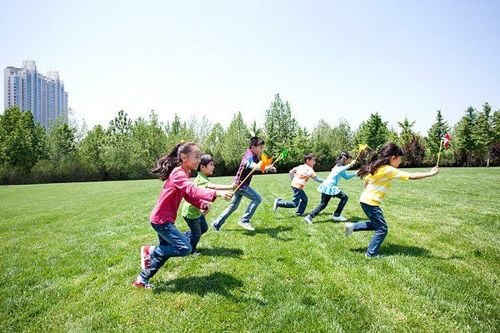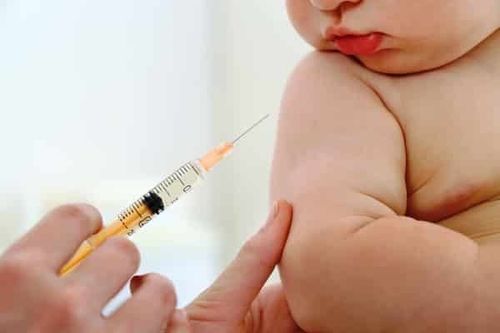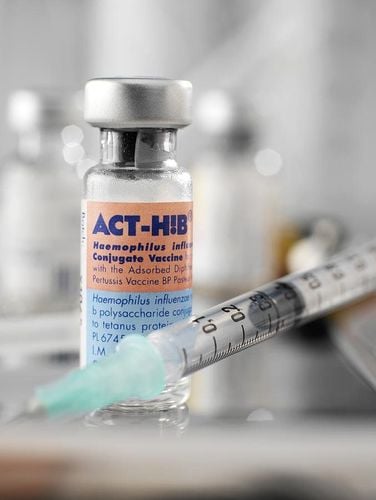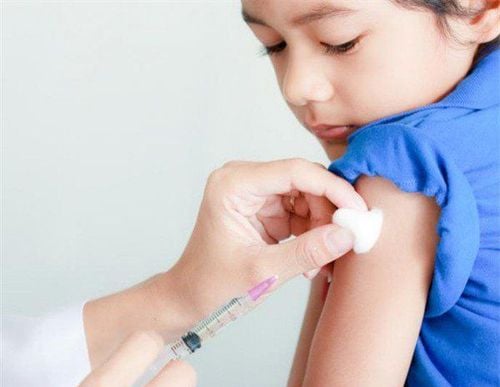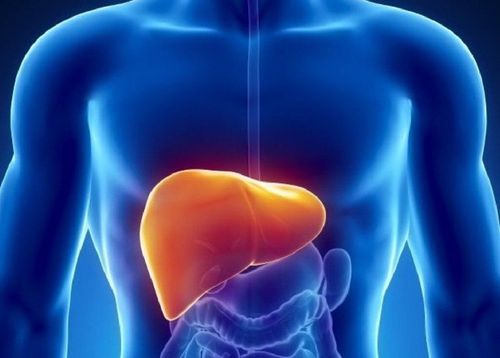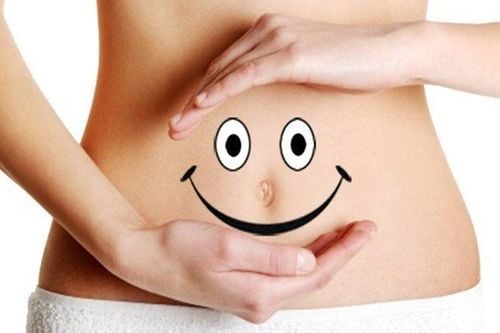This is an automatically translated article.
In Vietnam, the national expanded immunization program recommends which vaccines should be given to people of all ages, including vaccines that should be given immediately after birth.
1. Importance of Infant Vaccines
For babies, breast milk can help protect against many diseases. Breast milk is not merely a collection of nutrients, it is a living fluid of very high biological complexity that has both protective and immunomodulatory properties. The anti-infective properties in colostrum and mature milk have both soluble and cellular components, soluble components including immunoglobulin (IgA - IgM IgG), lysozyme, lactoferrin, binary factor, enzymes and other immunomodulators. The cellular components include macrophages (containing IgA, lysozyme and lactoferrin), lymphocytes, neutrophils, and epithelial cells.
However, these components are highly concentrated in colostrum and decrease in mature milk, so this immunity is gradually lost within the first year and children begin to wean.
Whether babies are breastfed or not, vaccines can help protect them from illness and prevent the spread of disease from young children to older children and adults.
Vaccines work by mimicking the infection of certain diseases that enter the child's body. This prompts the child's immune system to develop a weapon against those diseases, called antibodies. With the antibodies already in the body, the child will be able to defeat future infections.
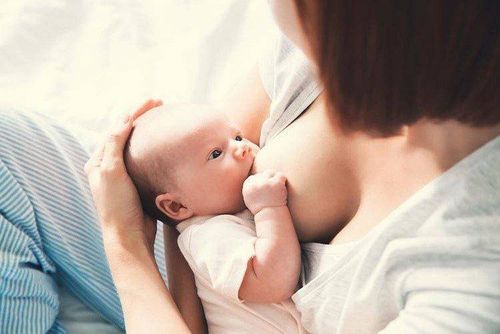
Đối với trẻ sơ sinh, sữa mẹ có thể giúp bảo vệ chống lại nhiều bệnh tật
2. Vaccines that need to be given right after birth
According to the neonatal immunization schedule, it is recommended that all infants receive hepatitis B vaccine within the first 12 hours after birth.
This shot acts as a safety net, helping your child reduce the risk of getting the disease from you or a family member who may not know they have hepatitis B and then transmit the hepatitis B virus. for children.
If you have hepatitis B, there is an extra medicine that can help protect babies against hepatitis B, called Hepatitis B immune globulin, which is a product Products are prepared from blood donors' plasma at blood banks. Selected blood samples must be blood samples containing high levels of anti-hepatitis B antibodies. This product is to be used only as a prophylactic after exposure to the blood or body fluids of HBsAg-positive individuals and children born to HBsAg-positive mothers.
3. Reactions after hepatitis B vaccine
Sometimes children have some mild reactions to hepatitis B vaccination, such as pain at the injection site or a rash. These reactions are normal and should go away soon.
Give your baby breast milk or formula more often. It's normal for some babies to eat less in the 24 hours after a vaccine is given.
Closely monitor the child within the first few days to detect delayed reactions after the injection. If you see something that worries you, contact your doctor soon.
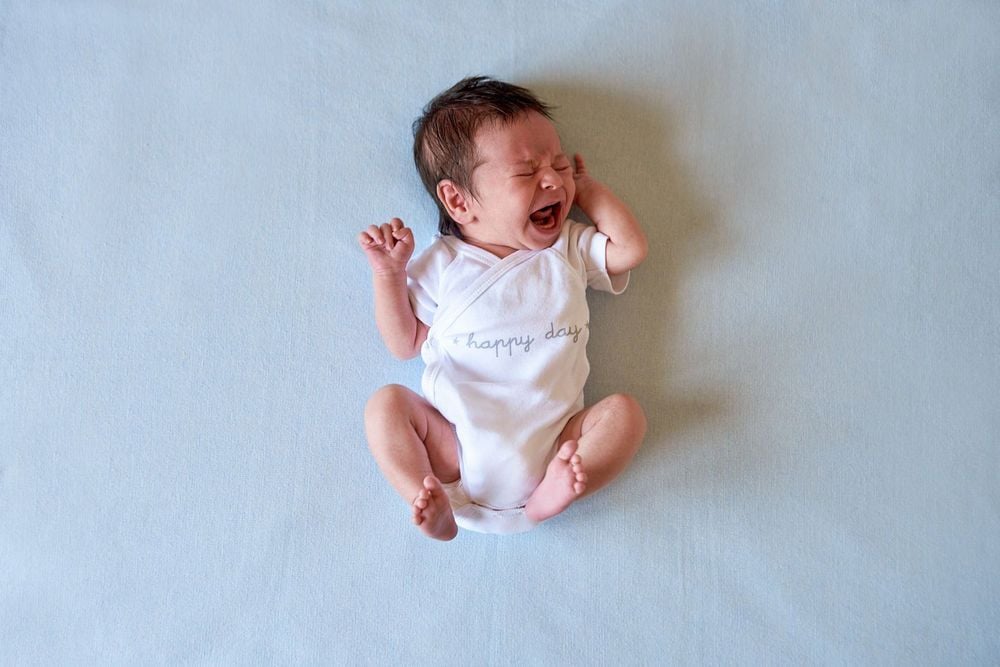
Đôi khi trẻ có một số phản ứng nhẹ do tiêm vắc-xin viêm gan B, như đau tại chỗ tiêm hoặc phát ban
4. Treatment of mild vaccine reactions
Using a cool, wet cloth to apply helps reduce redness, pain, or swelling at the injection site. Reduce fever by using a Bath Sponge to bathe your baby Ask your pediatrician if you can give your child a non-aspirin pain reliever. Vinmec International General Hospital uses a source of high-quality vaccines, of clear origin, suitable for the age to be vaccinated, ensuring safety from the check-in, storage to use. Before vaccination, all customers are screened before vaccination with specialist doctors to ensure the best health when vaccinated. 100% of vaccinated customers are monitored and re-evaluated before leaving. In particular, the post-vaccination monitoring room is fully equipped with emergency facilities; the team of doctors - nurses are trained in anaphylaxis emergency management to ensure timely and correct treatment when an incident occurs.
Please dial HOTLINE for more information or register for an appointment HERE. Download MyVinmec app to make appointments faster and to manage your bookings easily.
Reference source: Cdc.gov



